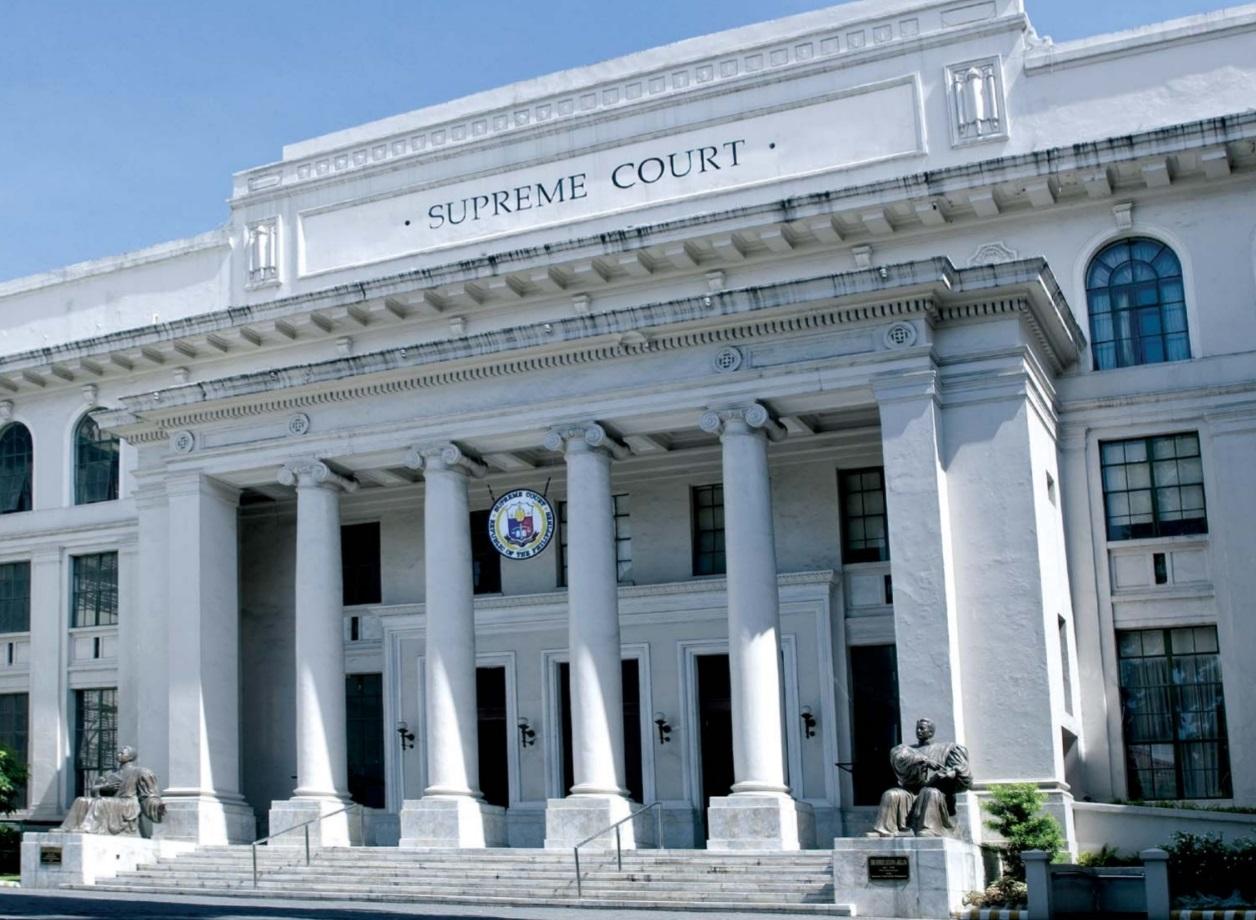SC: Photos, messages on social media can be evidence in court

The Supreme Court has ruled that photos and messages gathered by private persons from a social media account are allowed to be presented as evidence in court.
In a 31-page decision penned by Justice Jhosep Y. Lopez, the high court has upheld the conviction of one Christian C. Cadajas, who violated RA 9775, or the Anti-Child Pornography Act.
The Supreme Court rejected the claim of the petitioner that the chat thread presented as evidence against him by the victim should be excluded since it was obtained in violation of his right to privacy.
In 2016, the petitioner, who was then 24 years old, had a romantic relationship with a 14 year-old-girl. The minor communicated with the petitioner through Facebook Messenger using her mother's mobile phone.
In one of their conversations, the petitioner urged the minor to send photos of her private parts, and the minor obliged. The minor's mother soon discovered their conversation when the victim forgot to log out her social media account from her mother's mobile phone.
This prompted the victim to delete the messages in her account. However, her mother forced her to open her Messenger account to obtain copies of her conversation with the petitioner.
The Supreme Court held that the Bill of Rights under the Constitution, which includes the right to privacy, was intended to protect citizens from government intrusions, thus the right to privacy and its consequent effects on the rules on admissibility of evidence cannot be invoked against private individuals.
But in the case of the petitioner, the chat thread from the Messenger was not obtained through the efforts of police personnel or any state agent, but the minor, a private individual who had access to the photos and conversations in the chat thread.
The Supreme Court ruled that neither can the victim be said to have violated the petitioner’s privacy, since the petitioner lost a reasonable expectation of privacy over the contents of his account by giving his victim the password to his Facebook Messenger account.
"Thus, even if AAA (minor) was only forced by her mother to obtain the photos and messages, there is still no violation of the petitioner’s privacy, since by allowing another person access to his account, the petitioner made its contents available not only to AAA, but to other persons AAA might show the account to, whether she be forced or not to do so," the Supreme Court said.
Furthermore, the Supreme Court held that the restrictions under the Data Privacy Act (DPA) are not applicable to petitioner since the act allows the processing of personal information where it relates to the determination of criminal liability of a data subject.
The also court ruled that the crime of child pornography, which is defined and penalized under a special law, should be classified as mala in se, or acts which are inherently immoral and thus require proof of criminal intent by the accused, as opposed to mala prohibita (wrong because it is prohibited) or those acts which are prohibited only because the law says so, making the intent of the accused irrelevant.
Lastly, the Court maintained that illegal acts under the law are not mere prohibitions but serious, depraved acts, consistent with legislative deliberations on the Anti-Child Pornography Act.
Thus, in cases of child pornography, the criminal intent of the accused must be proved, according to the Supreme Court.
"In the case of petitioner, it was established that he had intent to induce AAA, a minor, to exhibit AAA’s private parts, since it was petitioner’s prodding that led AAA to take and share the intimate photos," the Supreme Court argued. —LBG, GMA News




